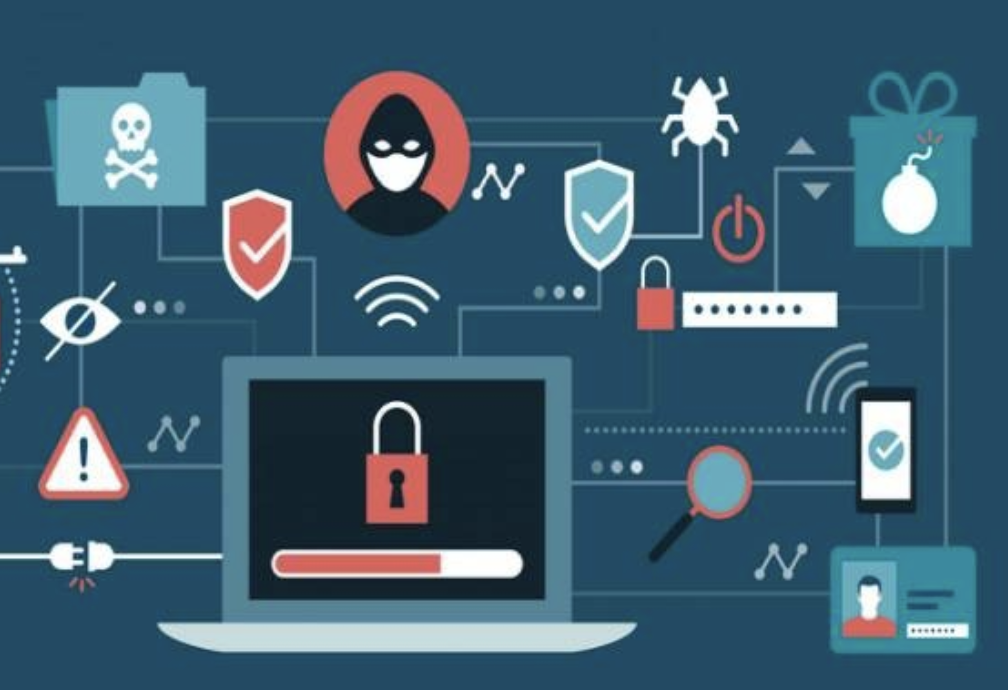The Significance of Protecting Personal Data in Physical Security: Lessons from the Amberstone Security Data Breach
In the wake of the recent data breach at Amberstone Security Ltd, the importance of safeguarding personal data within the realm of physical security has been underscored. This breach, which exposed sensitive information of security guards and theft suspects, serves as a poignant reminder of the critical need for robust data protection measures in the security industry.
The Amberstone Security Data Breach: A Recap
Amberstone Security Ltd, a renowned provider of technology and physical security services, recently faced a significant data breach. The breach involved the exposure of over 1.2 million documents, comprising 245.3 GB of data. Among the compromised information were:
- Personal Identifiable Information (PII): Names, addresses, phone numbers, and birth dates of security personnel.
- Images of Security Credentials: Photographs of security licenses and credentials issued by regulatory bodies.
- Incident Reports: Detailed accounts of security incidents.
- Theft Suspect Information: Names and birth dates of individuals suspected of theft.
Why Protecting Personal Data Matters in Physical Security
- Maintaining Trust and Confidence: Security personnel and clients entrust security companies with their personal information. Failing to adequately protect this data erodes trust and confidence in the security provider’s ability to safeguard sensitive information.
- Preventing Identity Theft and Fraud: Personal data, when compromised, can be exploited by malicious actors to perpetrate identity theft and fraud. Security guards, in particular, are at heightened risk due to the nature of their profession.
- Ensuring Physical Safety: Security personnel may face physical risks if their personal information falls into the wrong hands. Exposed data could potentially be used by criminals to target security guards and compromise their safety.
- Preserving Professional Reputations: The release of incident reports and suspect information can damage the professional reputations of security personnel. Unsubstantiated allegations or sensitive details disclosed in incident reports can tarnish the reputation of individuals involved.
- Compliance with Data Protection Regulations: Adhering to data protection regulations, such as the General Data Protection Regulation (GDPR), is not only a legal requirement but also essential for maintaining the integrity and credibility of security organizations.
Lessons Learned and Moving Forward
The Amberstone Security data breach serves as a stark wake-up call for the security industry to prioritize the protection of personal data. Moving forward, security companies must:
- Enhance Cybersecurity Measures: Implement robust cybersecurity protocols to safeguard digital assets, including personal data stored in databases and servers.
- Invest in Employee Training: Provide comprehensive training to employees on data protection best practices and cybersecurity awareness.
- Conduct Regular Audits and Assessments: Regularly review and assess data protection measures to identify vulnerabilities and mitigate risks.
- Promote Transparency and Accountability: Foster a culture of transparency and accountability regarding data handling practices to instill trust among employees and clients alike.
The recent data breach at Amberstone Security Ltd serves as a poignant reminder of the critical importance of protecting personal data within the realm of physical security. As custodians of sensitive information, security organizations bear a profound responsibility to uphold the privacy and security of individuals’ data. By implementing robust data protection measures and fostering a culture of accountability, the security industry can mitigate risks and safeguard the trust of both employees and clients.




